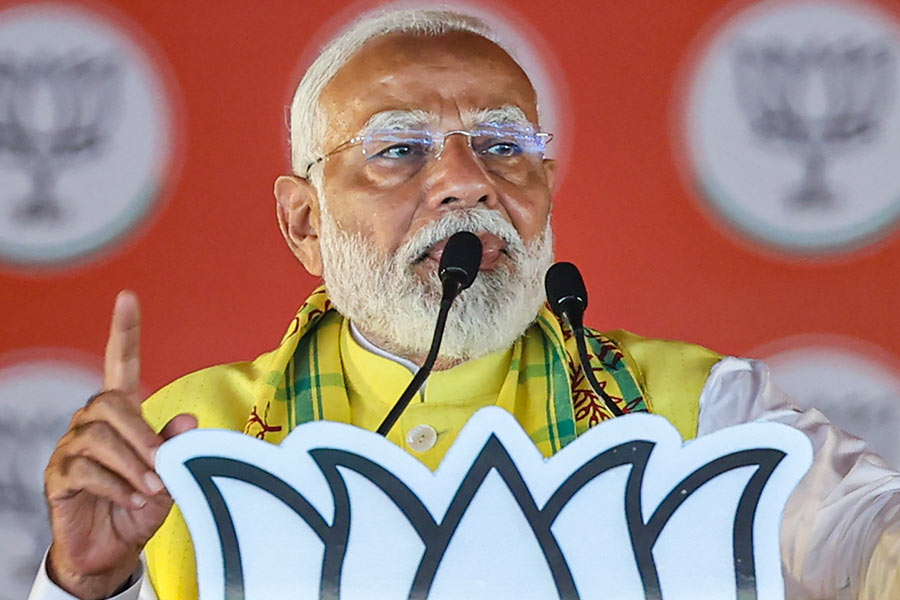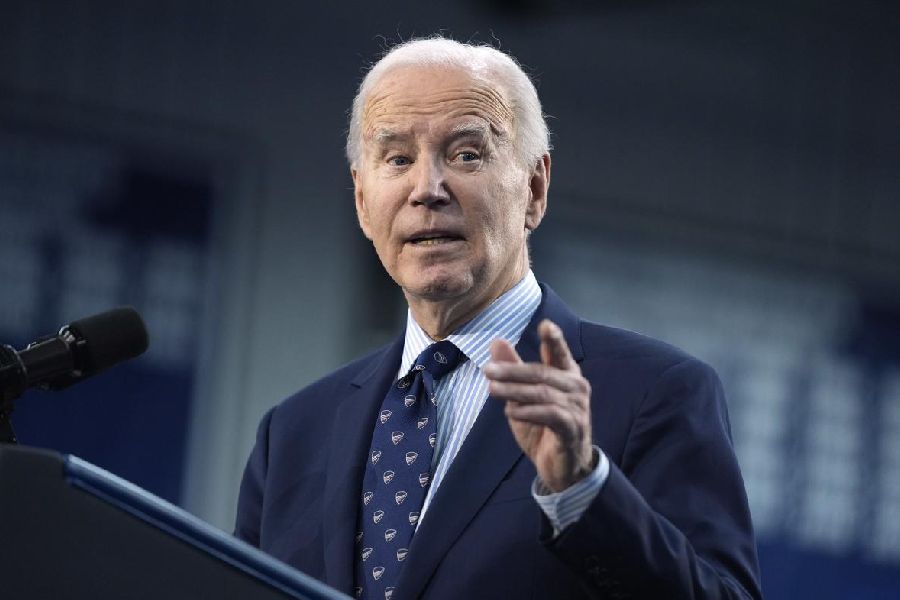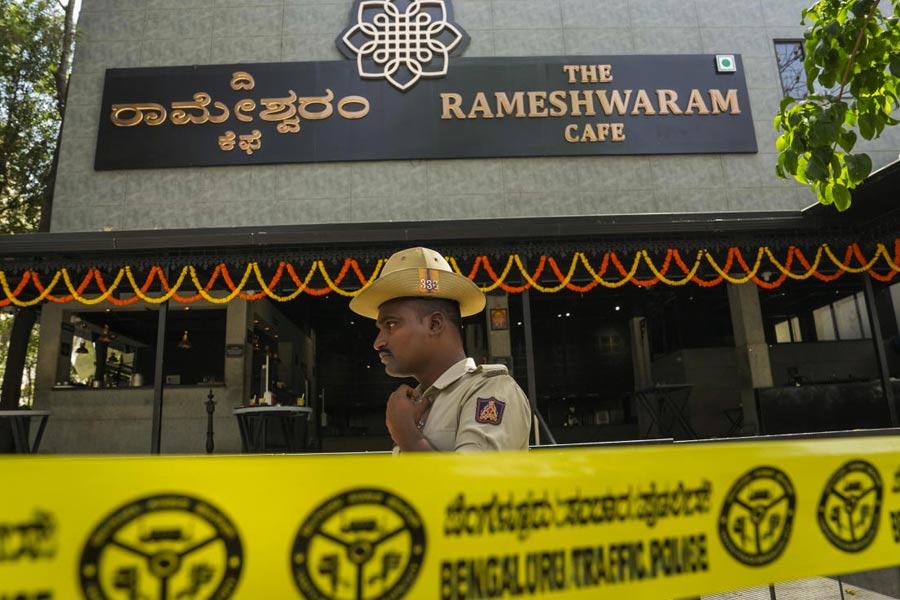The International Cricket Council (ICC) is set to limit the number of overseas players franchise teams can sign in a bid to protect Test cricket.
The growing clout of franchise leagues — evident in Jason Roy becoming the first England cricketer to withdraw from a current national contract last month to play in Major League Cricket in the US — has created urgency for national Boards to do more to safeguard the international game.
And the ICC are next month set to ratify two immediate changes to prevent T20 cricket from cannibalising the international game: a reduction in the number of overseas players to four per starting XI, and also mandating T20 leagues to pay national Boards for each player they can sign.
The limit of four per franchise team is an urgent response to two of the new leagues that have been created this year. The International League T20 in the United Arab Emirates allowed nine overseas players per team while America’s Major League Cricket, which launches next month, will permit nine in each squad and six in each playing XI.
This created the prospect of either of these two leagues — or other new leagues, including a rumoured Saudi Arabia league — hoovering up the world’s best talent, regardless of nationality, in a manner akin to leading European football clubs. A limit of four overseas players per matchday squad from Full Members — in line with the Indian Premier League — will ensure that countries have to be largely dependent upon domestic talent.
The limit of four overseas players per league would also reduce the risk of players quitting international cricket to sign-up for a multi-team franchise deal. With fewer overseas slots in leagues, Indian Premier League franchises are unlikely to contract more than a couple of players per side in this way, reducing the overall risk to the Test and international game.
The second change will see all T20 leagues required to give national Boards 10 per cent of the fee they will pay each player, again matching the Indian Premier League. As T20 leagues grow in value, this figure will become an increasingly important source of income for national Boards.
Richard Gould, the chief executive of the England & Wales Cricket Board (ECB), recently expressed his fears that leagues are not doing enough to contribute to the development of players and benefit from the work that national Boards do without paying accordingly.
“The difficulty for ECB and our revenues is that we have so many mouths to feed, whereas the franchise tournaments can take the cream off the top, they don’t get charged for the players,” Gould told The Final Word this month.
The proposed changes effectively revisit proposals made by Johnny Grave, the chief executive of Cricket West Indies, in 2018. While Boards did not agree on action then, the International League T20, and the growing possibility of more players choosing a range of franchise contracts and opting out of national contracts — as New Zealand’s star fast bowler Trent Boult did last year — has crystallised the need for boards to take action.
In January, lucrative new T20 leagues launched in South Africa and the United Arab Emirates. Next month, Major League Cricket — which has major backing from prominent figures in Silicon Valley, including Satya Nadella, the chief executive of Microsoft — will launch in the US.
Cricket chiefs have also discussed the LIV takeover of golf in the context of the changing climate in the world game. In theory, an insurgent competition could still form an unsanctioned breakaway, as World Series Cricket did in 1977.
But now a new competition would have to adhere to the limit of four overseas players from Test nations to count as sanctioned cricket.
The Daily Telegraph, London










